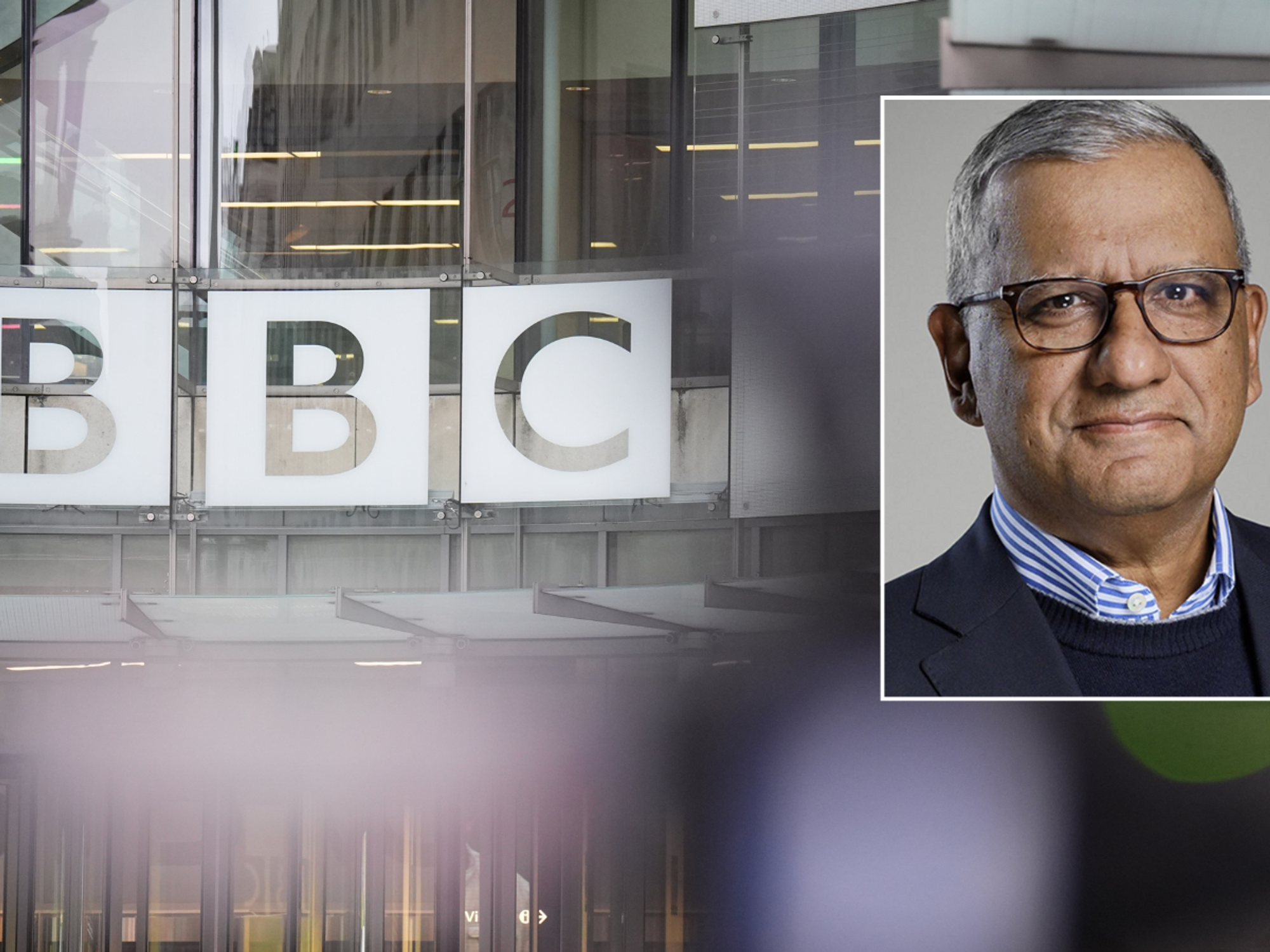British Medical Association call for priority access for fuel for key workers
'There is a real risk that NHS staff won't be able to do their jobs'
Don't Miss
Most Read
Healthcare staff and other key workers should have priority access to fuel amid supply issues, leading unions have warned.
The British Medical Association (BMA) said that as pumps run dry “there is a real risk that NHS staff won’t be able to do their jobs”.
Unison called on ministers to use emergency powers to “designate fuel stations for the sole use of key workers”.
And the Royal College of Nursing warned that the fuel supply problems could see patient care compromised as it backed calls for health and care workers to be prioritised.
It comes amid reports of doctors being unable to get to work due to the fuel crisis.
Campaign group EveryDoctor said that at least one NHS organisation held an emergency meeting after staff were unable to attend.
A hospital consultant in Bedfordshire told the organisation, which represents 1,700 doctors: “We had an emergency discussion this morning. Two consultants in our department are out and can’t get to work. Two others on reserve. All four petrol stations within four miles of our hospital are closed with no fuel.”
But the Royal Pharmaceutical Society (RPS) insisted that deliveries of essential medication were continuing as usual to pharmacies as it encouraged patients to collect prescriptions in their usual way.
Dr Chaand Nagpaul, chair of council at the BMA, said: “Emergency and essential workers rely on fuel both to travel to work and for their work itself – whether this is to get to hospitals, practices and other healthcare settings, or for ambulances to reach people in urgent need of care and GPs to visit very ill patients at home.
“Everyone will have their own reasons for needing to fill up, but as pumps run dry there is a real risk that NHS staff won’t be able to do their jobs and provide vital services and care to people who urgently need it.
“While the Government has said it is putting plans in place to alleviate the shortage of HGV drivers to transport fuel, the results of this won’t be immediate.
“Healthcare and essential workers must therefore be given priority access to fuel so they can continue their crucial work and guarantee care to patients.”
Unison’s general secretary Christina McAnea said: “The Government has to take control. It’s no good ministers wasting time on a pointless blame game or pretending there’s no problem.
“Essential staff must be able to get to their jobs so they can continue to provide the services so many rely upon.
“Ambulance crews, nurses, care workers, teaching assistants, police staff and other key workers mustn’t be left stranded or forced to queue for hours simply to get to a pump.
“The Government could solve this problem now by using emergency powers to designate fuel stations for the sole use of key workers.”
Patricia Marquis, director for England at the Royal College of Nursing, said: “Nursing staff do valuable work, often travelling long distances to get to work or see their patients in the community.
“Health and care services, already struggling with widespread staffing shortages, cannot afford to lose any more staff because they’re unable to travel.
“We already know some nursing staff are warning their employers they may not be able to attend tomorrow to ensure shifts can be safely staffed.
“In light of these supply problems, health and care workers need to be a priority or patient care will be compromised.”
Dr Julia Grace Patterson, chief executive of the group which has 1,700 members, said: “Doctors and other healthcare workers cannot care for patients if they cannot get to work.
“I am hearing from many today who have spent the weekend unsuccessfully trying to find petrol.
“Our Health Secretary Sajid Javid has been critical of telephone consultations recently – he clearly believes face-to-face appointments are necessary.
“We therefore need to know urgently what the Government’s plan is to ensure that all NHS staff can reach their workplaces safely during this fuel crisis.
“Doctors are desperately concerned about patients and the Government must take responsibility and find a solution.”
Professor Claire Anderson, president of the society, said: “Pharmacies are still getting deliveries of medicines and people should order and collect their prescription in the usual way.
“As normal, pharmacists are working with patients to ensure they get the medicines they need. We’re not aware that the problems with fuel supplies are stopping patients getting their medicines.
“If you have any concerns then please speak to your local pharmacist and their team, who will be able to help and reassure you.”











